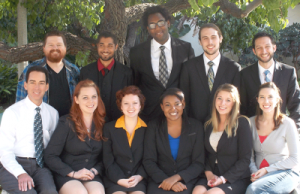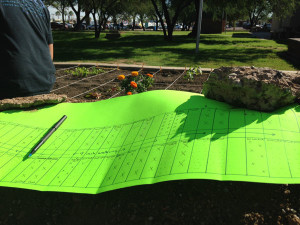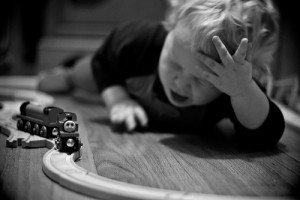One of my best sources for professional development is peeking over the shoulders of my colleagues. No, I’m not a stalker. Specifically, I
- Sub for absent colleagues. I can really see how their courses connect with mine. For example, today I was with a RDG091 class. I can see what I should be doing in RDG081 to prep my students as well as see how their work leads up to CRE101. I can also see different ways of delivering the content, whether it be in class or through Canvas.
- Tutor in the Writing Center. I am able to experience a wide range of writing expectations across our campus, and I always get good ideas about assignments and rubrics used by my colleagues. I also stay in practice with having to explain things in a new and different way.
- Review online courses using the Gold Standards. Some of my best “ah-has” have come when I look at the modules or feedback strategies or resources contained in my colleagues’ awesome courses. What good ideas we have here! It really stretches me when I go outside of reading or education to see the way others view the world of Canvas.
I get so many good ideas every week that I’ve had to create Google docs and Google mail labels to capture everything.
My greatest personal growth lesson recently has been to implement just one or two things at a time. Once I’m comfortable, I go to my files and find something else to add.







